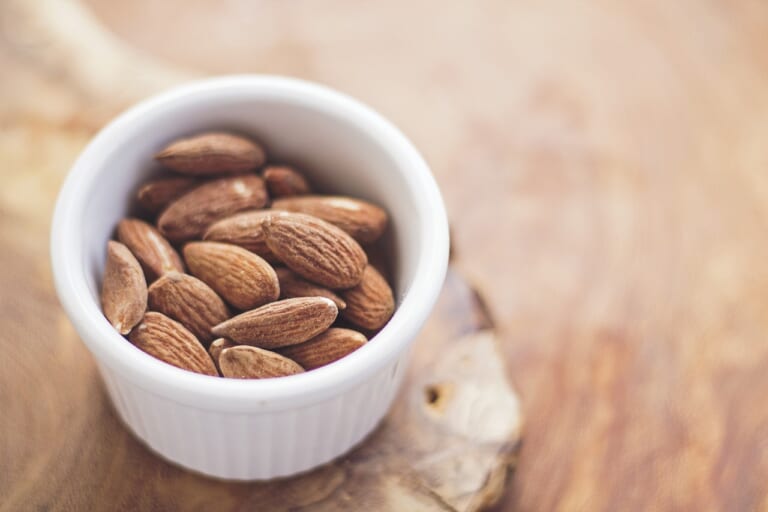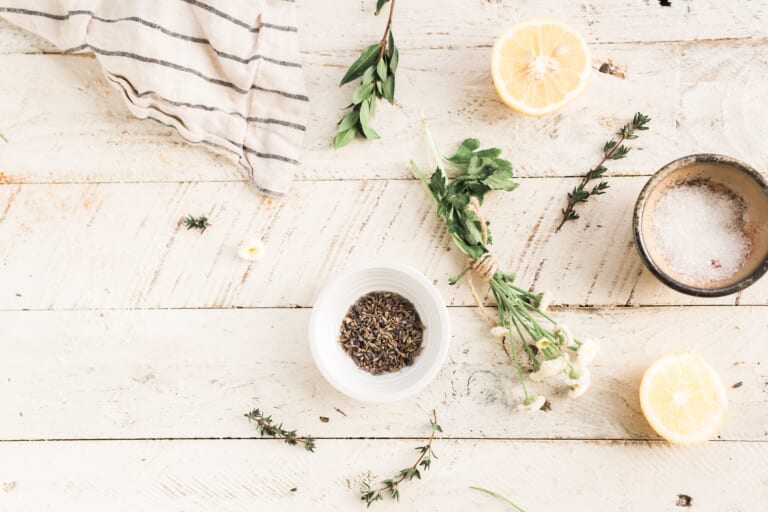How To Use a Healthier Diet To Reduce Acne
Radiant skin begins from within. Your eating habits can have a direct impact on breakouts, and a healthy lifestyle can gradually minimize pimples on your cheeks, chin, and forehead. If you’re ready to say goodbye to blemishes, learn how to use a healthier diet to reduce acne here.
Key Nutrients for Clear Skin
Nearly everyone endures one of the different grades of acne, but the foundation of clear skin is consumption of the right nutrients. Vitamin A aids in skin cell production and repair, helping the skin shed old skin cells and promoting the growth of new ones. Zinc is another valuable nutrient. It boasts anti-inflammatory properties that can soothe irritated skin and reduce redness and swelling.
Omega-3 fatty acids also contribute to skin health by reducing inflammation and maintaining the skin’s lipid barrier, which keeps moisture in and irritants out. Vitamin E acts as an antioxidant, protecting skin cells from damage caused by free radicals. Together, these nutrients form the foundation of a diet that supports clear, healthy skin.
Food To Avoid To Prevent Acne
Research indicates that a wide range of factors, including genetic and environmental components, can cause acne. However, food can be a driving factor in the increase or reduction of acne.
High-Glycemic Foods
Diets containing low glycemic levels are less likely to cause excessive acne. On the other hand, high-glycemic foods cause rapid spikes in blood sugar levels and lead to increased insulin production. Elevated insulin levels can trigger hormonal changes that increase oil production, a common contributor to acne. Foods such as white bread, sugary snacks, and sodas fall into this category and are best limited or avoided.
Dairy Products
Dairy products may also exacerbate acne for some people. Milk contains hormones that can interact with the body’s own hormones. It may increase oil production and clog pores.
Processed Foods
Inflammation is a key component of acne development. Processed foods are abundant in unhealthy fats and sugars that cause inflammation. Not to mention, these foods lack the imperative nutrients that increase skin health.
Foods To Include in Your Diet
To harness the benefits of these essential nutrients, consider incorporating certain foods into your regular diet. Fatty fish such as salmon and mackerel are rich in omega-3 fatty acids, and they can reduce inflammation. Nuts—particularly almonds and walnuts—are good sources of vitamin E. Leafy greens such as spinach and kale are packed with vitamin A and antioxidants.
Fruits such as berries and citrus are also beneficial due to their high levels of vitamins and antioxidants. Lastly, whole grains such as quinoa and brown rice offer additional nutrients without the high glycemic index found in refined grains.
The Importance of Hydration
Proper hydration is essential to completing your healthy diet and reducing acne. Water flushes toxins from the body, supports the skin’s moisture barrier, and increases nutrient absorption. Aim to drink at least eight glasses of water a day. Consider herbal teas or water-rich foods such as cucumbers and watermelon to boost your intake.
Acne is manageable with the right techniques. Incorporating these dietary changes can significantly affect your skin health for the clear complexion you desire.







